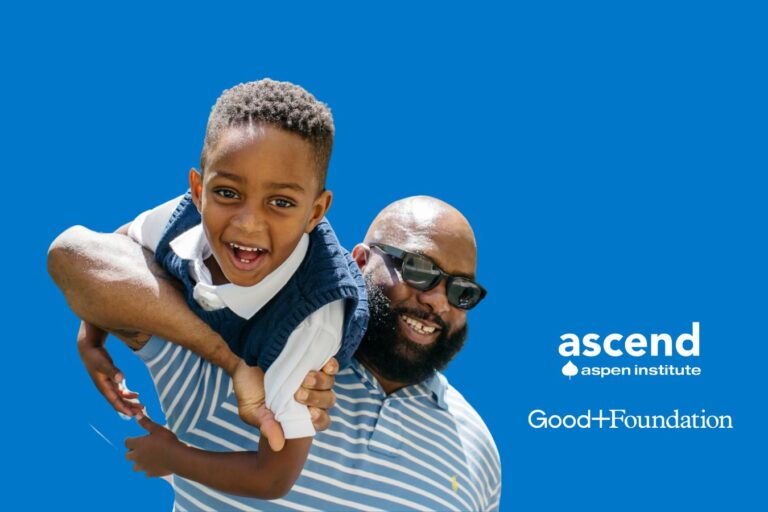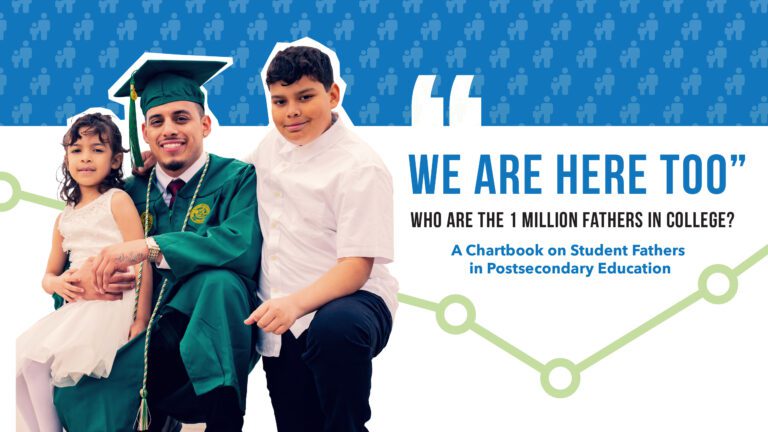Research and Data

We know that there is a better way to approach child support policy to build strong families and communities -- and that's why we're proud to share w...


Among the one in five postsecondary students who are parents, there are close to 1.1 million student fathers. This chartbook synthesizes the available...


We are delighted to share a new research report in partnership with Child Trends: Data on Families with Low Incomes Across America Can Inform Two-Gene...


Ascend at the Aspen Institute and The Jed Foundation Release a New Mental Health Framework with Recommendations for Supporting the Mental Health of St...


Infant and parent brains and bodies undergo rapid growth and transformation during the transition to parenting, presenting a unique opportunity to pos...


This blog is part of Ascend’s Impact Series: stories and stats that illustrate the powerful, tangible impact a two-generation (2Gen) appro...
